On the afternoon of October 21, continuing the content of the 8th Session of the 15th National Assembly , Minister of Industry and Trade Nguyen Hong Dien presented to the National Assembly the draft Law on Electricity (amended).

Continue content At the 8th session of the 15th National Assembly, on the afternoon of October 21, the National Assembly listened to the Presentation and the Report on the review of the draft Law on Electricity (amended).
According to the Proposal, after being issued, the implementation Electricity Law has brought positive impacts and played a very important role in the socio-economic development of the country.
However, after nearly 20 years of implementation and through 4 amendments and supplements to a number of articles, the practice of implementing the law on electricity shows that there are still a number of issues that the provisions of the current Electricity Law have not met, and it is necessary to amend and supplement them to meet the goal of implementing the Party's policies on the energy sector in general and electricity in particular.
Proposal for State monopoly on investment and construction of nuclear power plants
The new highlight of the draft Electricity Law (amended) this time is the mention of nuclear power development. Accordingly, the Government proposes that the State has a monopoly in investing in the construction of power plant projects of this type, because this is an important project related to national security.
Investment in construction, operation and decommissioning, as well as ensuring the safety of nuclear power plants, must comply with the provisions of the Atomic Energy Law and related regulations. Nuclear power projects must use modern, verified technology to ensure the highest safety.
In addition, depending on the economic and social situation of each period, the draft law stipulates that the Prime Minister will prescribe specific mechanisms for implementing investment, construction and operation of nuclear power plants. Planning for this type of power source is an integral part, synchronized with the national power development plan, to ensure the goal of electricity supply security.

In addition to this power source, the State also holds a monopoly on investment in multi-purpose hydropower plants and power source and grid projects from 220 kV voltage level and above, emergency power sources and grids; transmission grid operation (except for grids invested and built by private individuals) and power system dispatch.
Reviewing this content, the Committee for Science, Technology and Environment said that the policy on nuclear power development is a new issue raised in the draft law. Therefore, this agency requested the Ministry of Industry and Trade - the agency in charge of drafting the report to the competent authority to consider and decide on the regulation of this content and the level of regulation in the draft law on nuclear power development.
In addition, according to the examining agency, the draft's content that the Prime Minister prescribes a specific mechanism to ensure the implementation of investment in the construction and operation of nuclear power plants is not appropriate in terms of authority, according to the Law on Government Organization and the Law on Promulgation of Legal Documents. Therefore, the examining agency recommends that the Ministry of Industry and Trade study and make appropriate adjustments.
Along with that, there are opinions that it is necessary to review and clarify regulations related to the fields where the State has exclusive investment. Accordingly, only regulations on the contents that are really necessary to ensure energy security, create a mechanism to attract socialization, facilitate the mobilization of investors, reduce public investment, increase feasibility and make state management more effective.
Supplements and amendments aimed at achieving zero net emissions
In addition to the above content, the Draft Law on Electricity (amended) also has many regulations aiming at the goal of reducing net emissions to zero in the new period.
Specifically, in Chapter I, the Draft Law amends and supplements mainly the State's policy on electricity development to aim at protecting the environment, combating climate change, and energy transition.
In addition, the Draft Law also fully institutionalizes the Party's regulations and the State's policies related to electricity price policies, applying appropriate electricity price mechanisms to groups of electricity customers with high electricity consumption and high emissions, tourist accommodation establishments, customers producing priority industrial products and charging stations serving green vehicles in accordance with the socio-economic situation of each period and the State's policies.

In addition, in this chapter, the Draft also stipulates general principles in nuclear power development to contribute to ensuring electricity supply, energy security and meeting the goals. carbon neutral by 2050 as Vietnam's commitment at COP26.
The revised content in Chapter II regulates electricity development and project investment. The revised and supplemented content mainly concerns the specific requirements of the National Electricity Development Plan and the Power Supply Network Development Plan in the Provincial Plan to clarify the subjects of planning management according to decentralization (national, provincial).
Chapter II also supplements the bidding mechanism for selecting power source investors, monitoring progress and the mechanism for handling slow-progressing power source projects to manage the progress of power projects; regulates investment and construction of emergency power works to ensure power supply security; supplements regulations on project contracts for power source projects invested under the PPP method applying the BOT contract type.
The Draft Law inherits and mainly amends 62 articles on general regulations, granting of electricity operation licenses, electricity market, electricity purchase and sale, electricity prices, rights and obligations of electricity units and electricity customers, protection of electricity works and electrical safety, removing 4 articles and merging 4 articles into other articles. In addition, the new Draft Law also adds 68 articles including contents on power development planning, bidding policies for investors in power source projects, policies on handling emergency power sources, policies on development and operation of gas-fired thermal power plant projects, power source projects invested under the public-private partnership method applying the type of build-operate-transfer contract, policies on renewable energy, etc. |
Chapter III is newly added to institutionalize the Party's policies and guidelines and the Government's Resolution on developing renewable energy and new energy, especially self-produced and self-consumed electricity and offshore wind power.
Chapter IV adds 6 articles on conditions for granting electricity operation licenses with fields and rights and obligations of licensed units.
The revised and supplemented contents in Chapter V mainly concern electricity futures contracts; direct electricity trading between large electricity users and power generation units; rights and obligations of participants in the competitive electricity market; major revisions to electricity prices and prices of electricity services at competitive electricity market levels in accordance with policies and instructions on electricity prices, mechanisms for adjusting electricity prices in the competitive electricity market, and principles for moving forward. Eliminate "cross-subsidy" in electricity prices.
The revised and supplemented contents in Chapter VI mainly concern the operation and dispatch of the national power system, grid connection with foreign countries and electricity demand management.
Chapters VII, VIII, IX, and X also have many other provisions supplemented and amended to ensure the set objectives and to be consistent with practice.

Presenting the review report, Chairman of the National Assembly's Committee on Science, Technology and Environment Le Quang Huy basically agreed with the necessity of promulgating the Electricity Law (amended).
The Committee on Science, Technology and Environment requested the Ministry of Industry and Trade to provide more information and supplement relevant documents; continue to review the draft Law to ensure its consistency with the six approved policies; study and fully institutionalize the Party's policies, ensuring the consistency and unity of the legal system.
Source


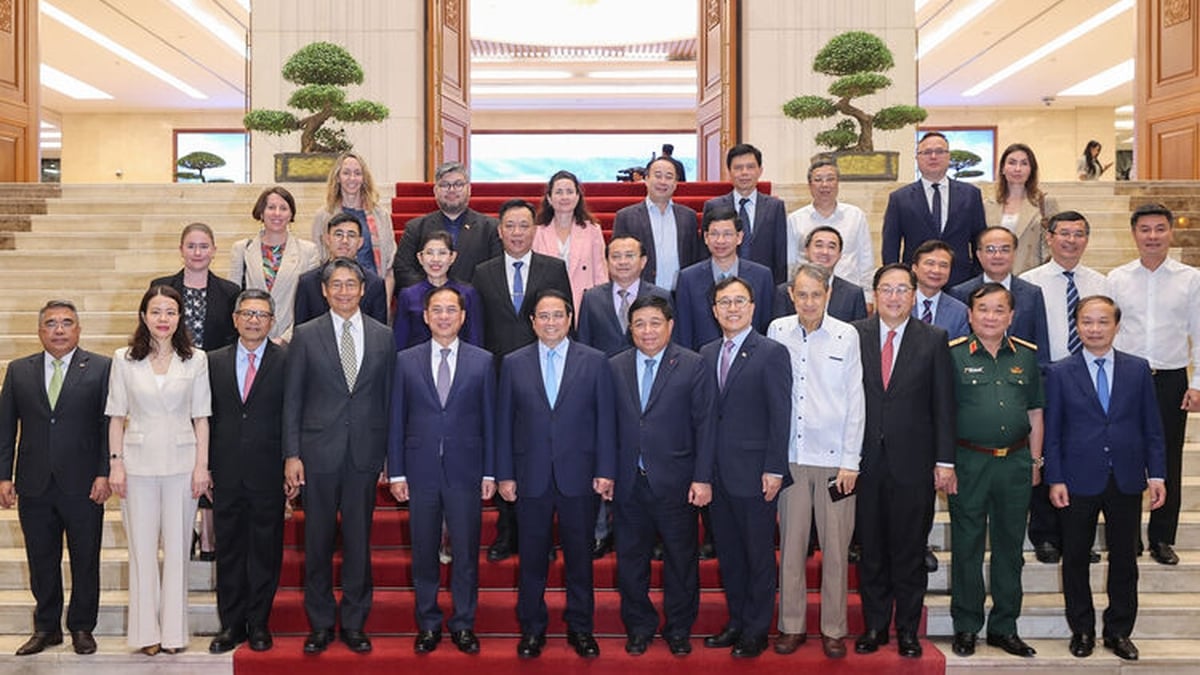
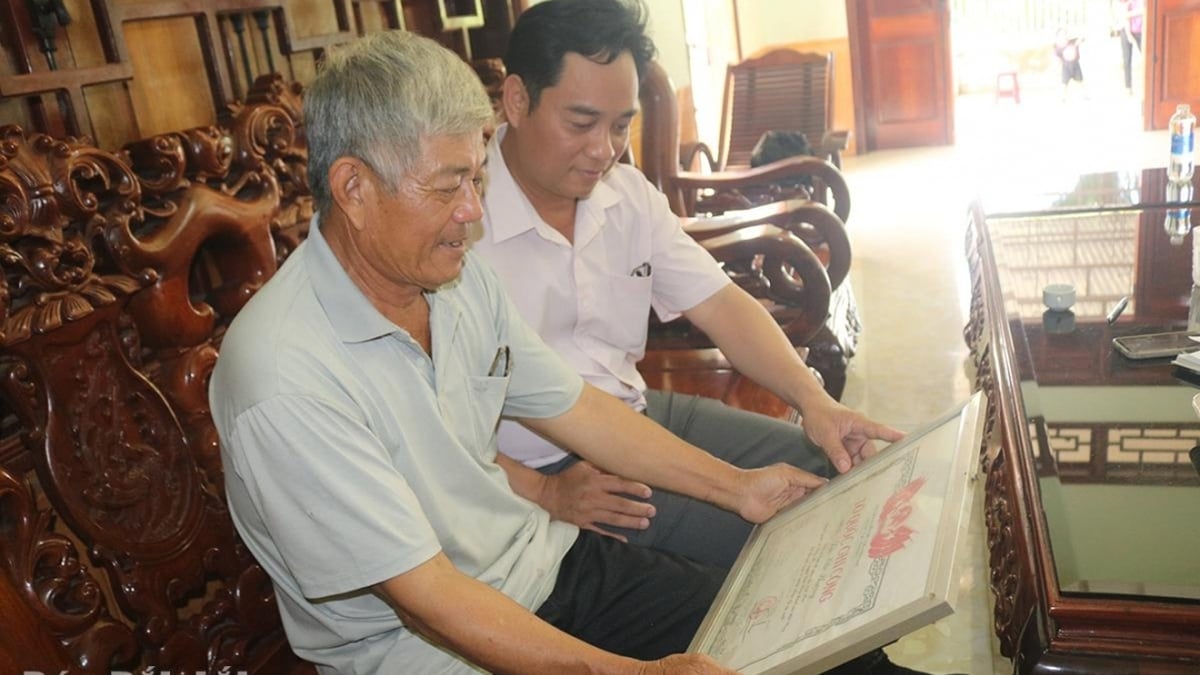
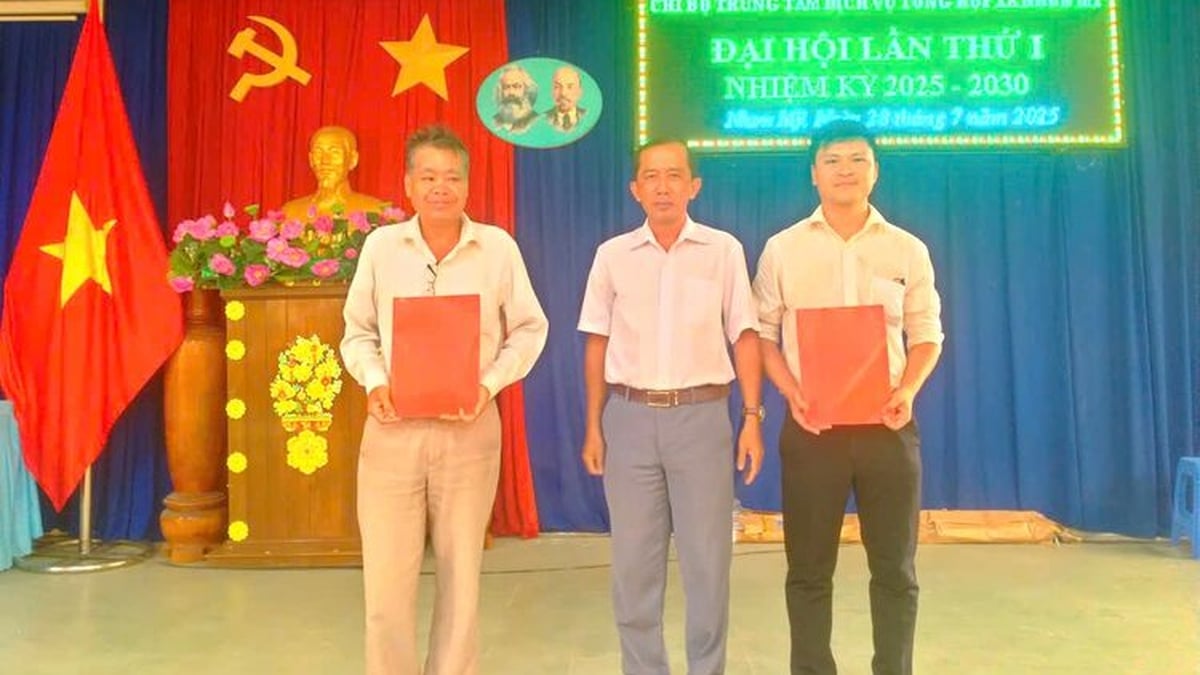
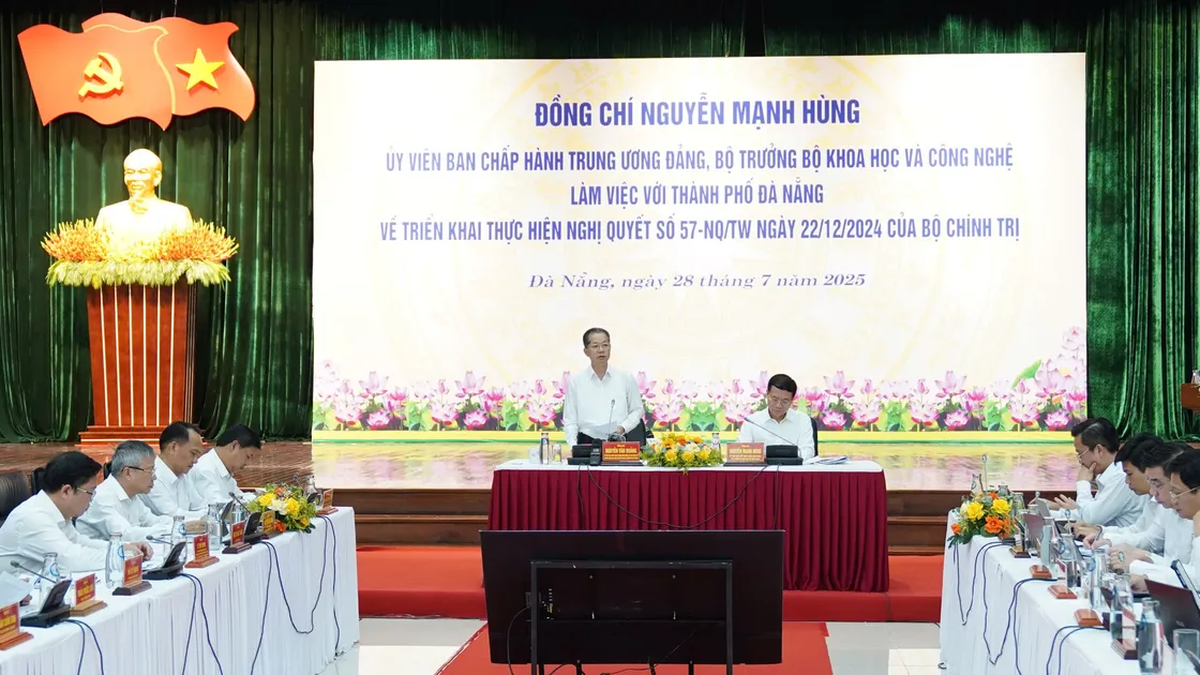

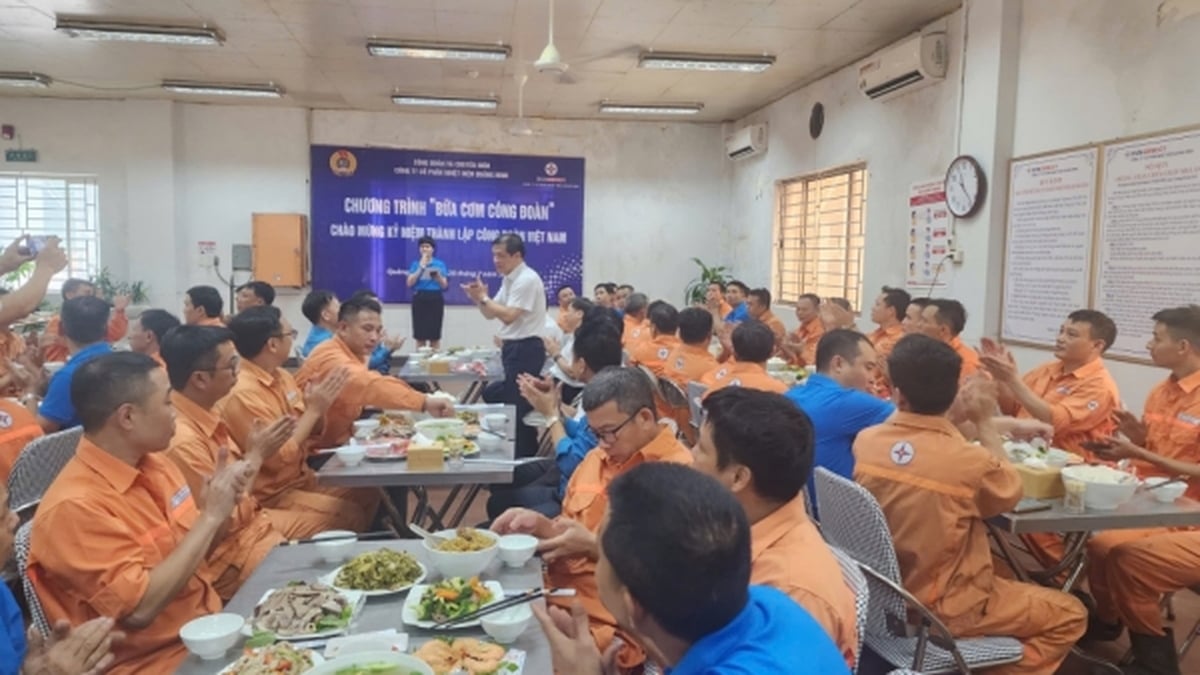
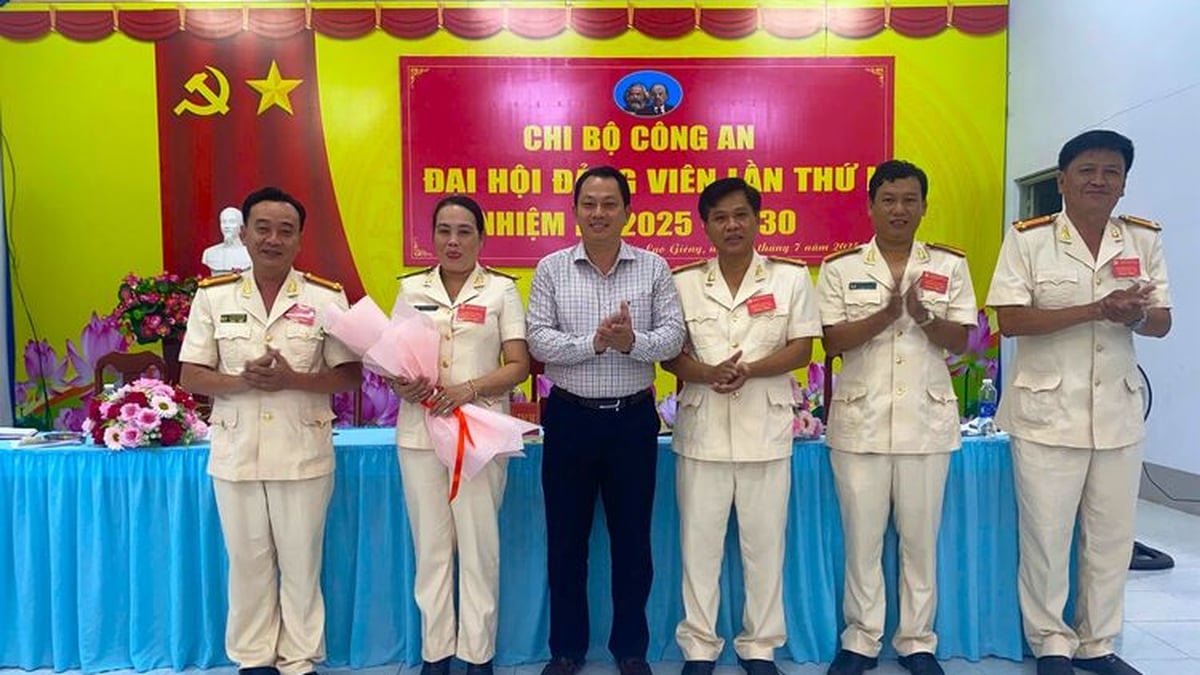

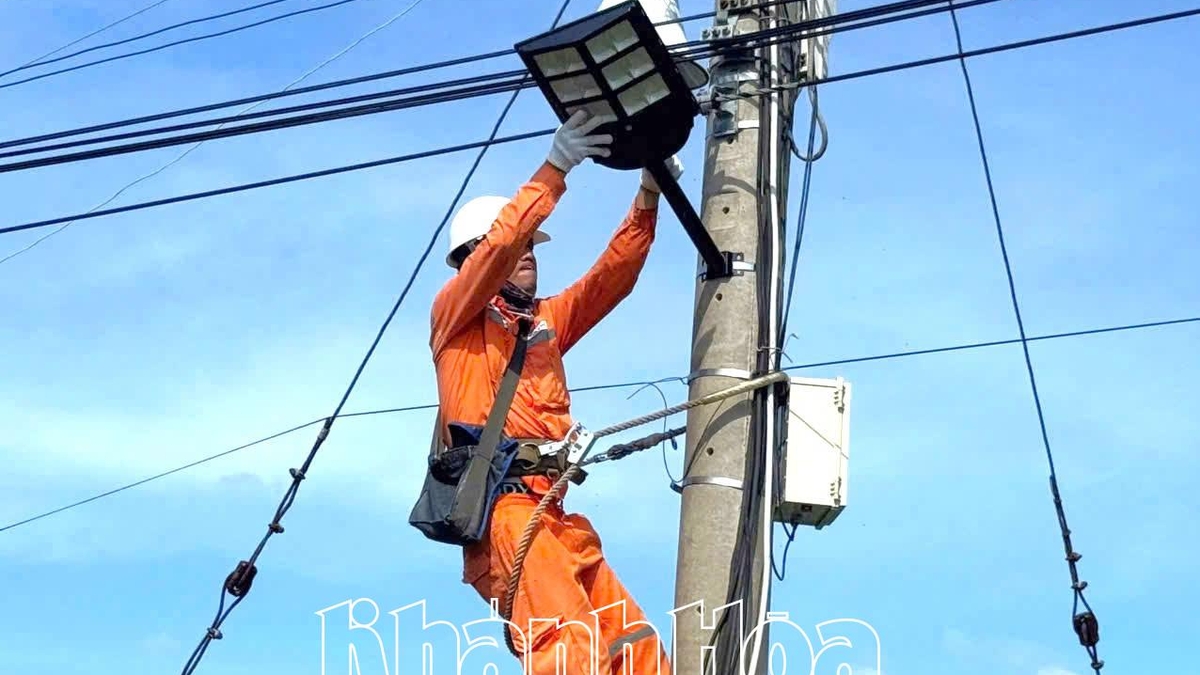
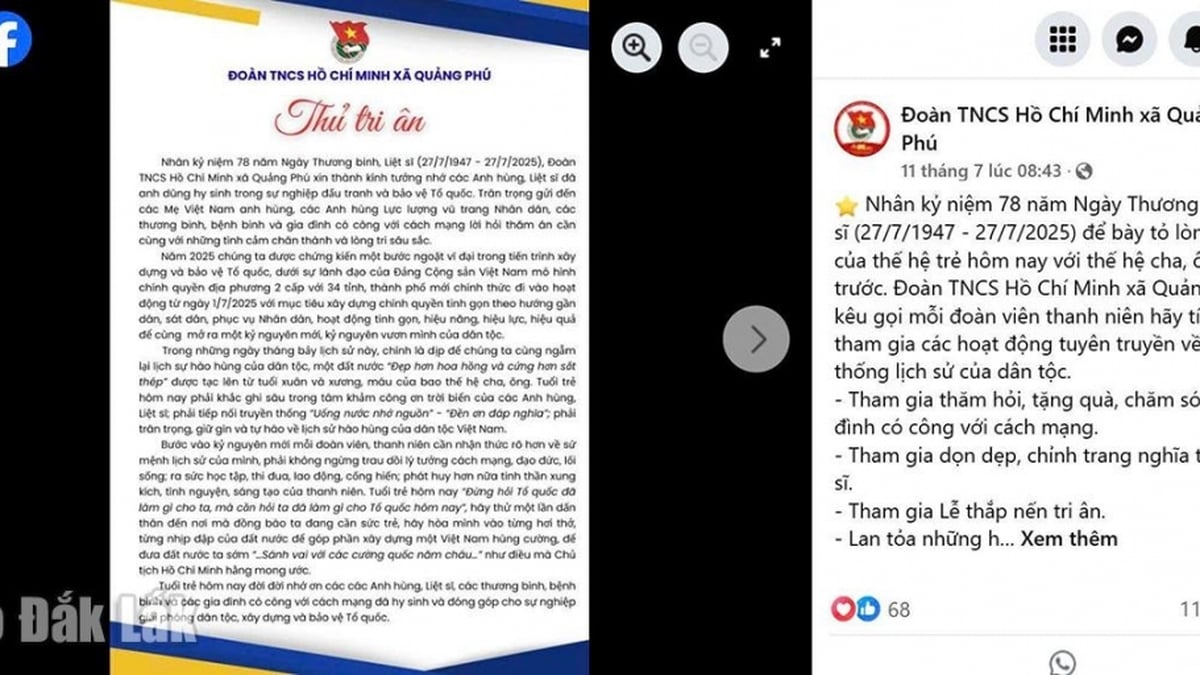














![[Photo] National Assembly Chairman attends the seminar "Building and operating an international financial center and recommendations for Vietnam"](https://vphoto.vietnam.vn/thumb/1200x675/vietnam/resource/IMAGE/2025/7/28/76393436936e457db31ec84433289f72)









































































Comment (0)